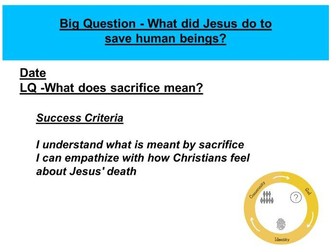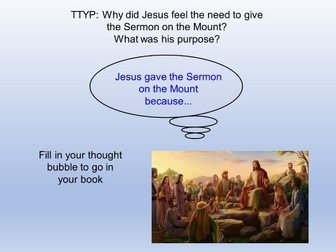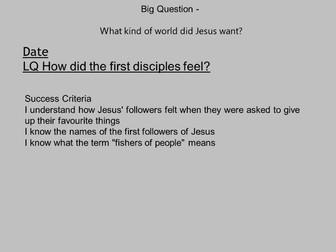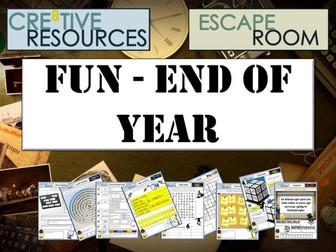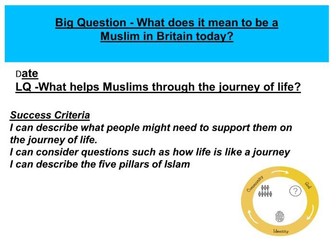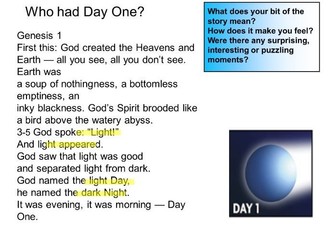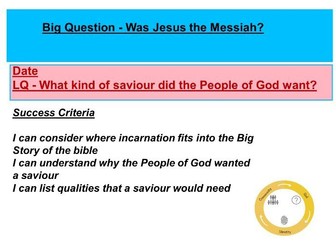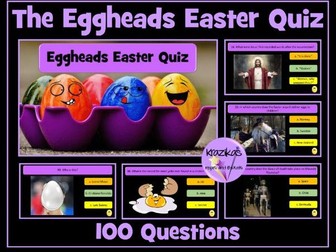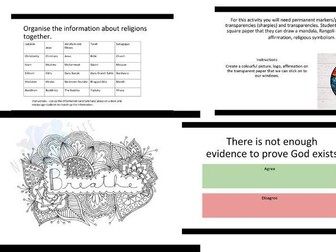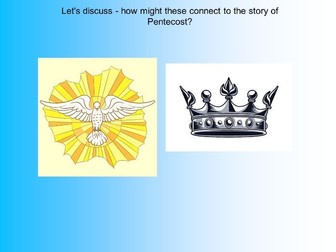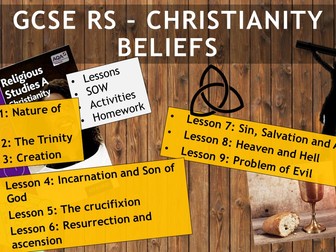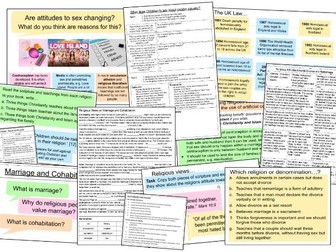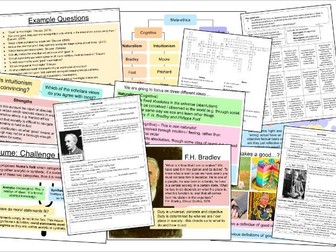
RE SMART and PowerPoint What does it mean if God is loving and holy? Six lessons and all resources
RE SMART and PowerPoint “What does it mean if God is loving and holy?” Six lessons and all resources are included; lessons follow the Understanding Christianity planning. Lessons look at Christian attitudes towards God, how God is represented in the bible and how God acts according to the bible.
Lessons each start with a sticky knowledge retrieval quiz and vocabulary exercise. Tasks include identifying qualities needed to build your own god; interpreting bible passages to consider how God is represented; studying how the newly built Coventry Cathedral expresses Christian worship of God; listening to and considering how traditional hymns help Christians worship God as holy; a study of what God loves and hates through Proverbs 6: 16-19; and designing a stained glass window to express forgiveness in today’s society.
Lessons include videos, group/partner discussion, group tasks, individual tasks and making links to children’s own lives. All resources are included, and there is a printing requirement list for the whole unit. Please note - the SMART and PowerPoint contain the same content, but you need Notebook software to open SMART.
